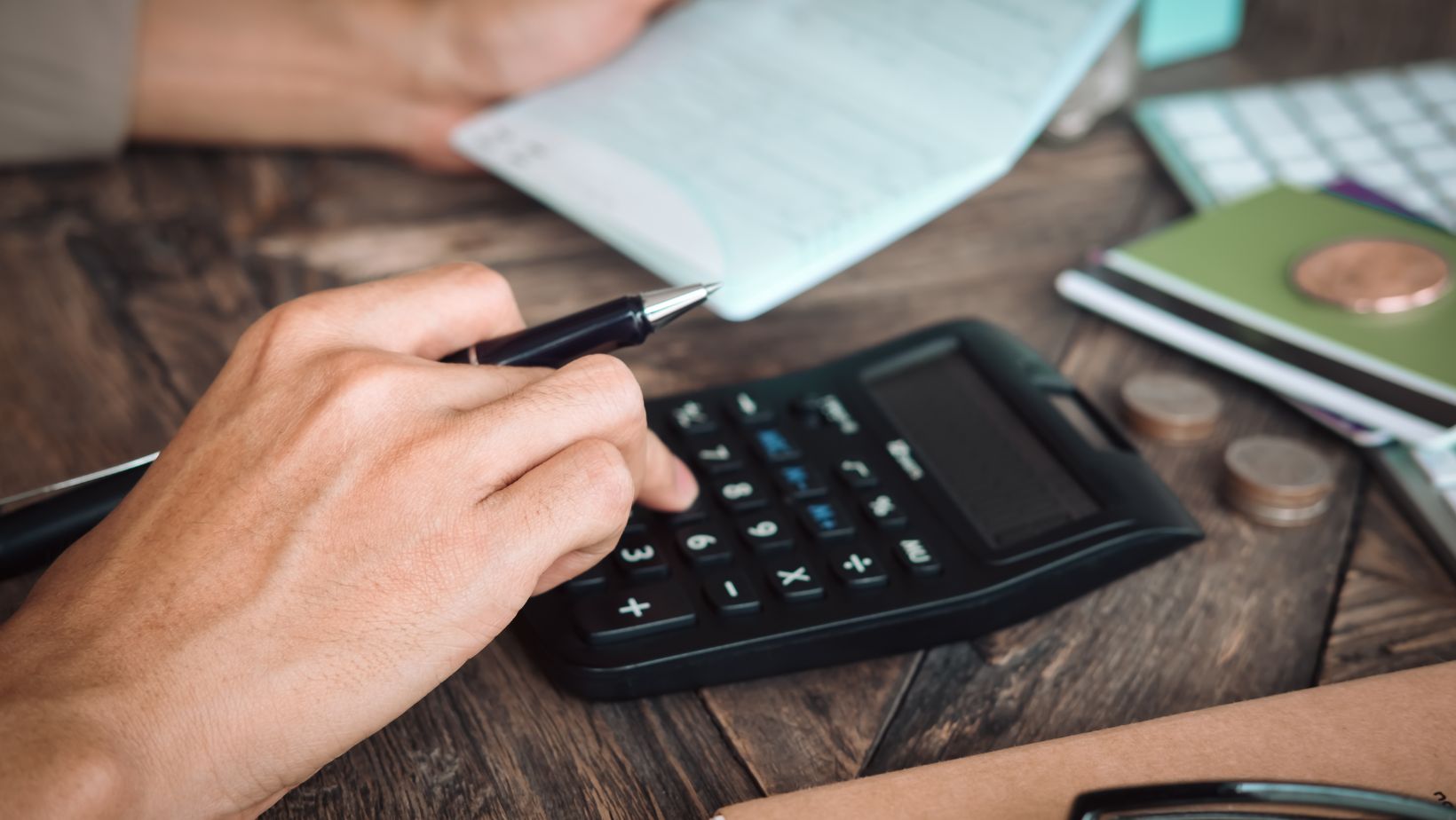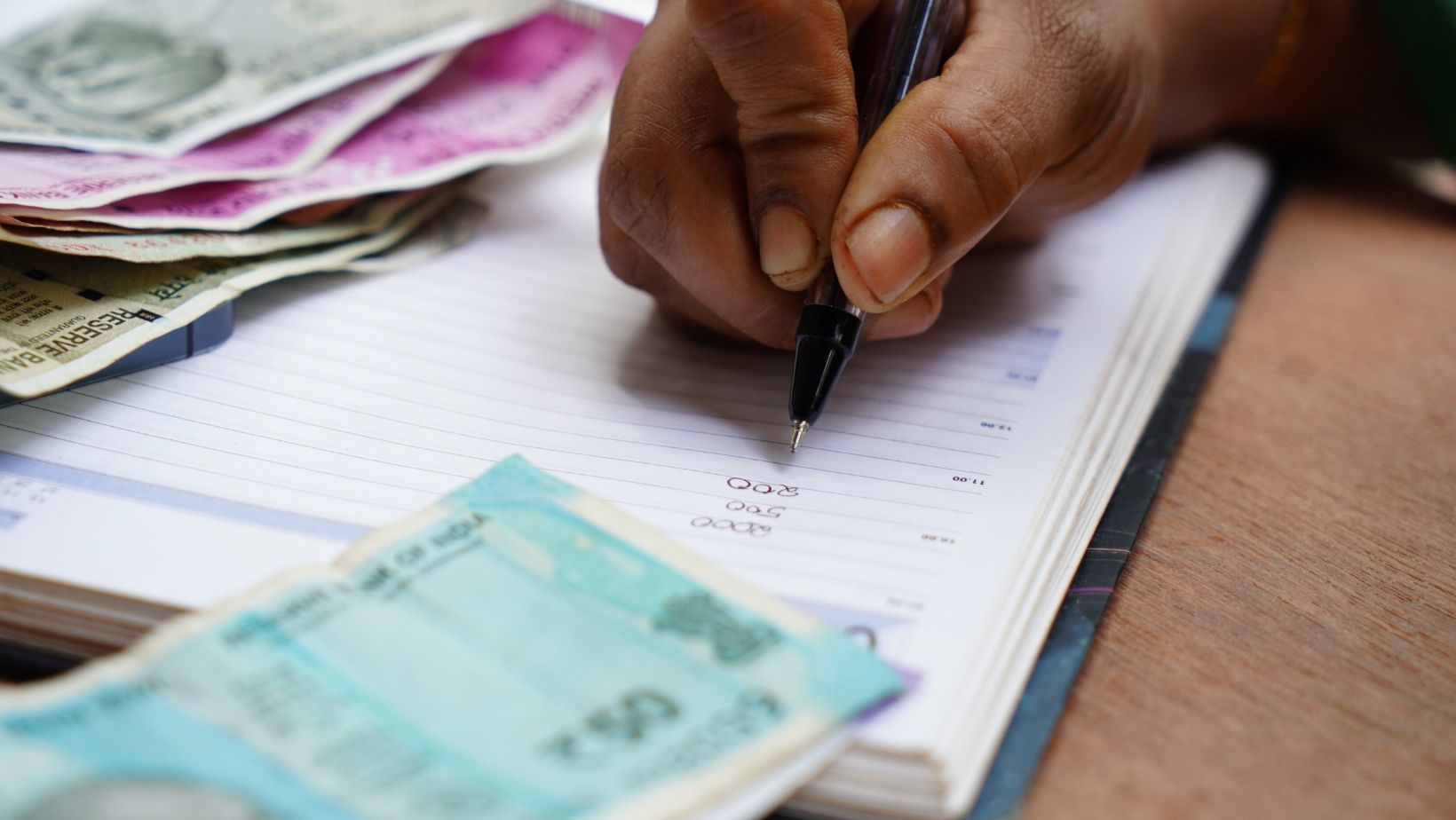According to recent findings, almost 75% of Canadians have some sort of debt. Debt can be relatively small or massive; the point is that most people are in the same boat when it comes to carrying debt. As for the type of debt, about 35% of Canadians have a mortgage, making it the most common type. Other big-ticket items that Canadians owe money on are vehicle loans and leases, credit cards, lines of credit, student loans, personal loans, secondary residence mortgages, and rental properties. 
While it may be normal to have debt, it’s a stressful thing to contend with. Managing finances can be challenging. Without a little help, it’s often hard to see a way through your debt. As you will see through the following tips for managing and reducing debt, there’s no need to feel a sense of dread each time you look at your bills and bank account. Let’s explore some actionable strategies that can help you get financial control.
Create a Budget
If you’re anxious to take control of your finances and reduce debt, it’s important you start with the basics. The cornerstone of responsible financial planning is to have a realistic budget that you follow consistently. All too often people shrug off the need for a budget and figure they can remember or keep track of the details in their mind. The fact is that a budget lays everything out so that nothing is overlooked or missed. Once you have a clear understanding of your spending habits, you can start to scale back spending where possible.
Making a budget is easier than you think, especially with the plethora of free personal budgeting apps available. These apps make it easy to plug in your details and track your finances in real time. It’s a good idea to look for a budgeting app that allows for customization so it works for your specific needs.
Can You Negotiate with Creditors?
Now that your budget is under control, it will be clear exactly how much money you owe. This can be shocking at first and leave you scared about how you’ll possibly pay off the debt. Financial experts have a surprising tip: negotiating with creditors. This is something many people don’t even realize is possible, but it can be extremely helpful. You’ll need to contact the creditor, explain your situation, and ask if there is anything they can do to reduce the debt.
It’s understandable to feel nervous about the negotiating process, which is why it can be helpful to talk to a certified credit counsellor first. They can talk to you about your options, how to best approach the creditors, and what to expect.
Consider Debt Consolidation
Negotiating with creditors can be a big help, but it’s not the only tool available to you. Financial experts routinely advise people to embrace debt consolidation. This means rather than paying off a bunch of creditors, you combine them into one debt. One of the biggest reasons to consolidate debt is that it can save you money in terms of interest rates. For instance, consider the case of credit cards that have notoriously high interest rates. If you can roll all your debt into a single personal line of credit, the interest rate could be significantly lower. That means you can save hundreds of dollars each year—if not each month—which adds up to thousands over time.
Show Financial Discipline Moving Forward
Once you’ve taken these steps to create a budget, track your expenses, negotiate with creditors, and consolidate your debt, you want to stay on track. Staying on track requires financial discipline moving forward. It can be tempting to give up on these steps once your finances start to improve, but doing so could mean you slide back into old habits.
What’s a good way to show financial discipline? Your repayment play is something tangible that you can stick with. It provides you with basics such as how often repayments will be, how much the repayment is, and when you can expect to pay off the debt. By maintaining these habits, you’ll set yourself up for long-term freedom from debt.
Be Prepared for Unexpected Expenses
The final tip is to be prepared for unexpected expenses. Even after creating a realistic budget and sticking to it, unexpected expenses can happen. Things such as car repairs and home repairs are notorious for occurring at the most inconvenient moments. This is exactly why having some savings put aside makes so much sense. Without savings, an unexpected expense can quickly derail your debt management and repayment plan.
At the same time, saving money doesn’t mean you can’t still have a little fun once in a while. What it does mean is that you go to less expensive restaurants, you travel locally, and you claim the great $10 deposit bonus codes available online. You can still be financially responsible while enjoying yourself.
There Is a Way to Break Free of the Cycle of Debt
For those who are in debt, it can feel like a never-ending cycle of payments. This overwhelming situation is compounded by feelings of financial helplessness. By embracing debt management and debt repayment tips, you’ll be able to break the cycle and start to claw your way out of the financial hole. It comes down to making financially responsible decisions and staying consistent. With persistence, you can regain control of your finances!

